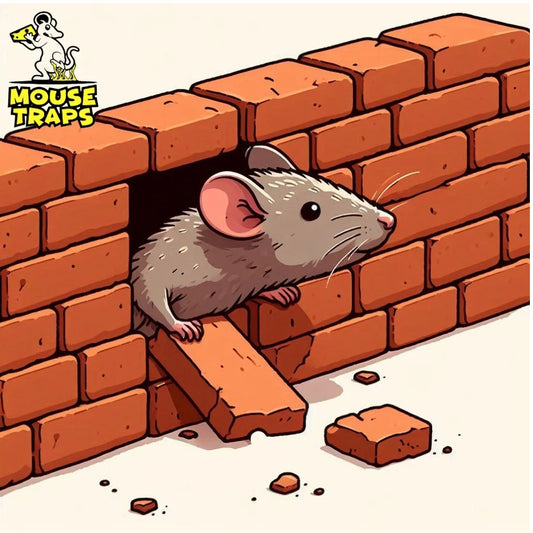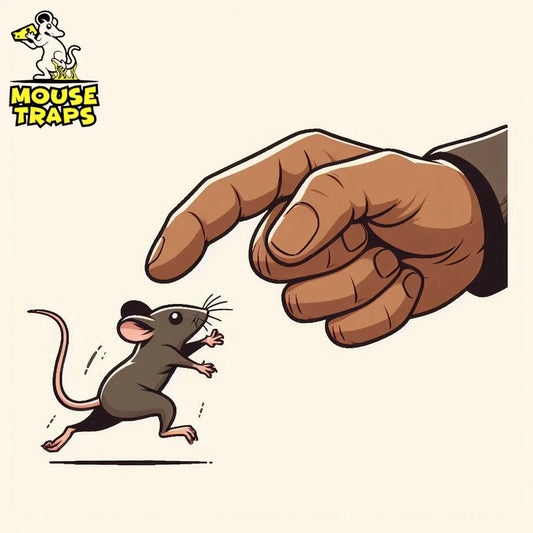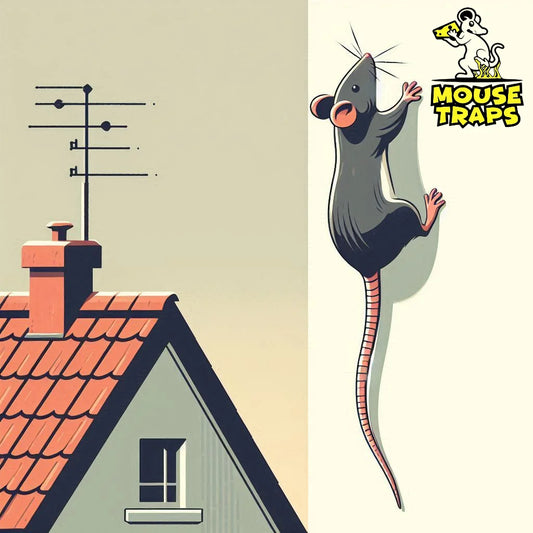Introduction:
Are you tired of finding unwanted guests taking refuge in your birdhouses or nesting boxes? Rats can be quite the nuisance, not to mention potential predators to the birds you're trying to attract. Don't fret! With some tactics you can prevent these critters from making themselves at home and keep your feathered friends safe. In this manual we'll look into approaches and precautions to prevent rats while also maintaining a secure environment, for your winged companions.
Understanding Rat Behavior:
Before diving into prevention methods, it's crucial to understand why rats are attracted to birdhouses or nesting boxes in the first place. Understanding their actions allows you to strategically deploy measures designed to prevent them from being.

- Food Source: Rats are drawn to areas abundant in food. Bird feeders and spilled seeds provide an enticing buffet for these opportunistic creatures.
- Shelter and Nesting Sites: Birdhouses and nesting boxes provide havens that're perfect for rats to build their nests and breed especially when located near a source of food.
- Accessibility: Rats are skilled climbers and can easily scale trees or structures to access birdhouses placed at elevated heights.

Strategies to Deter Rats:
Now that we know what draws rats to birdhouses lets explore some ways to keep them out of your garden spaces.
-
Secure Bird Feeders: Prevent spillage by using feeders equipped with trays or baffles to minimize food availability for rats.

- Regular Maintenance: Keep birdhouses and nesting boxes clean and free of debris to eliminate potential nesting materials and discourage rats from settling in.
- Install Predator Guards: Mount predator guards on birdhouse poles or trees to hinder rats from climbing and accessing nesting sites.
- Use Rat-Proof Materials: Construct birdhouses with rat-resistant materials such as metal or hard plastic to prevent gnawing and entry.
- Natural Deterrents: Plant aromatic herbs like mint or lavender around birdhouses, as rats dislike strong scents and may avoid areas with these plants.
- Employ Ultrasonic Repellents: Consider purchasing gadgets that produce pitched sound waves that rats find irritating discouraging them from visiting birdhouses frequently.
- Implement Traps: Place humane traps strategically near birdhouses to capture and relocate rats away from your garden.
- Regular Monitoring: Keep a watchful eye on birdhouses and nesting boxes for signs of rat activity, such as droppings or chew marks, and take prompt action if detected.
- Feline Presence: If feasible, allow domestic cats to patrol the garden area as their presence alone can act as a deterrent to rats.
-
Frequent Inspection: Conduct routine inspections of your garden for potential entry points such as gaps in fences or holes in walls, and promptly seal them to prevent rat ingress.

FAQs:
To address common queries regarding rat prevention in garden birdhouses, here are some informative FAQs:
Can rats harm birds in nesting boxes?
While rats primarily seek shelter and food, they may pose a threat to bird eggs or nestlings if given the opportunity. Implementing deterrents is essential to protect avian occupants.
Are there any natural remedies to repel rats from birdhouses?
Yes, certain natural deterrents like peppermint oil or vinegar sprayed around birdhouses can help discourage rats due to their strong odors.
How often should birdhouses be cleaned to prevent rat infestation?
It's advisable to clean birdhouses and nesting boxes at least once per year, preferably during late winter or early spring before nesting season begins.
Can rats climb metal bird feeder poles?
Rats are adept climbers and can scale various surfaces, including metal poles. Installing baffles or predator guards can impede their ascent.
Is it safe to use poison to control rat populations near birdhouses?
Using poison can be dangerous not, for rats but for other animals, pets and even kids. It's better to consider using options, like traps or repellents.
Conclusion:
To prevent rats from getting into your birdhouses or nesting boxes you can use a mix of steps and deterrents. Remember to regularly monitor and maintain your garden sanctuaries to ensure a safe and welcoming environment for both birds and humans alike. With persistence and diligence, you can successfully keep rodents at bay and enjoy the delightful presence of your feathered friends without the unwelcome company of rats.




